Messalina: Was she really the most dangerous woman of the Roman Empire?
Might be that Messalina was not what we think she was.

Empress Messalina, third wife of the Roman Emperor Claudius, is one of the most notorious figures in ancient Roman Empire history. Her life story is a mixture of ambition, power, and scandal, culminating in a dramatic downfall.
Valeria Messalina, born around 17/20 AD and executed in 48 AD, was the third wife of the Roman Emperor Claudius. As a member of the imperial family, she was closely related to several prominent figures, including being a cousin to Emperor Nero and a second cousin to Emperor Caligula.
Known for her influential position in Roman politics and her alleged promiscuity, Messalina's reputation has been shaped significantly by accounts of her plotting against her husband, which ultimately led to her execution. Historical narratives often highlight her notoriety, though these accounts may be colored by political bias.
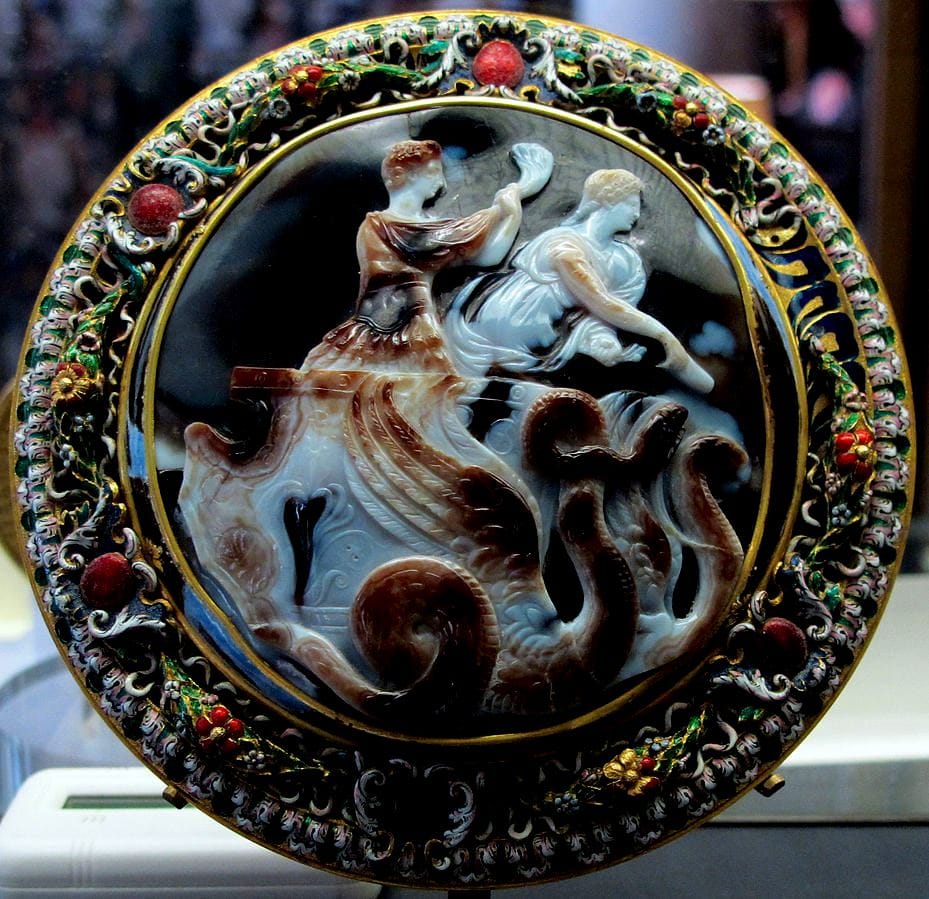
Can we trust the records on Messalina?
If one were to fully trust the historical narratives written by ancient authors about Empress Valeria Messalina, they might view her as a deceitful and oversexed tyrant who occasionally moonlighted as a prostitute.
Notable Roman historians like Publius Cornelius Tacitus, satirist Decimus Junius Juvenal (Juvenal), and biographer Gaius Suetonius Tranquillius, who lived and wrote around the mid-second century CE, offer particularly harsh descriptions of Messalina. It is worth to note that Tacitus and Saetonius wrote 70 years after the events in an environment hostile to the imperial line to which Messalina had belonged.
These accounts, however, need to be approached with caution. It's challenging to extract a reliable portrait of Messalina from these sources, as their portrayals are often clouded by personal biases and the political climate of their times, such as Tacitus’s disdain for Claudius or Suetonius’s penchant for scandalous tales.
This context suggests that while we can glean some information about who Messalina was not and what she likely did not do, each historical account inevitably reflects the author’s personal biases and motives.
Who was Messalina?
Valeria Messalina, born to Domitia Lepida and Marcus Valerius Messala Barbatus the Younger, hailed from a lineage steeped in nobility, tracing her ancestry back to Gaius Claudius Marcellus and Octavia, the sister of Augustus. Her mother, also a descendant of Octavia through Mark Antony, ensured that Messalina had robust connections to Augustus, more so than her husband, Claudius, whom she married around 38 or 39 CE. Their kinship, cousins once removed, was typical for the Julio-Claudian dynasty.
Claudius, afflicted by some physical disability, remained largely out of the public eye until the reign of his nephew, Caligula, who, despite his reputation for volatility, honored Claudius with a consulship in 37 CE. During these uncertain times under Caligula's unpredictable rule, Messalina bore Claudius two children: Octavia and Britannicus.
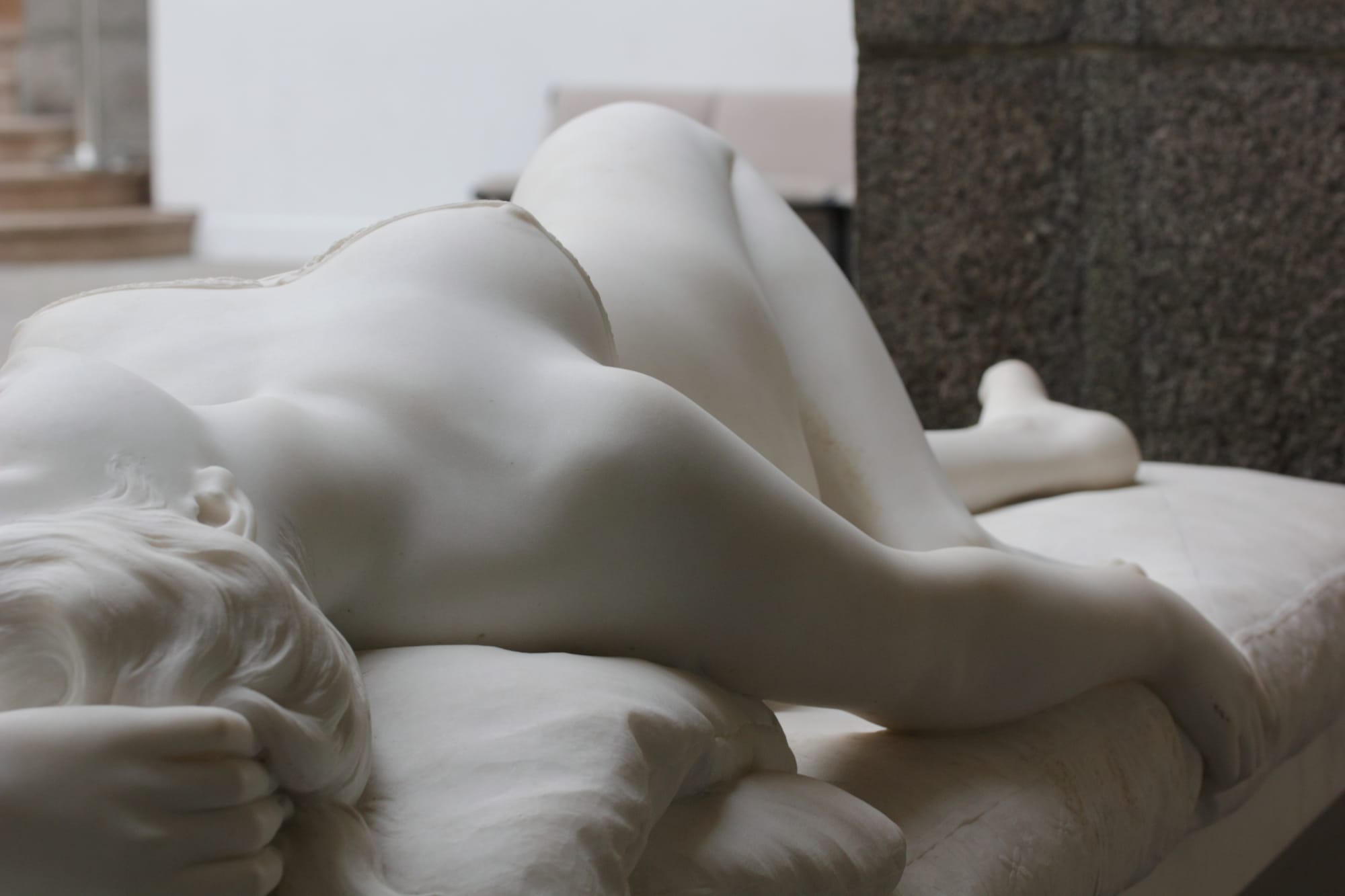
Gaius Caligula's assassination in 41 CE marked a turning point for Claudius, who was found by the Praetorian Guard hiding in the palace after they had killed Caligula's wife and daughter. Seizing the moment, the guards declared Claudius emperor, backed by a substantial bribe, forcing the Senate's reluctant endorsement. With Claudius's ascension, Messalina's societal status soared.
Messalina was not merely a figurehead; she actively engaged in the political machinations of the Roman Empire. Her marriage to Claudius provided her with a significant platform from which she could exert influence. Initially, she appeared to use her position to secure political alliances and advance her personal agenda, often engaging in manipulative tactics to maintain her influence behind the scenes.
Tacitus for Messalina
In "The Annals" by Tacitus, Messalina is portrayed in a manner that raises questions about the objectivity of the account. Ronald H. Martin who authored a book on Tacitus notes that Tacitus wrote from a perspective inherently hostile to Claudius due to the emperor's reduction of the Senate's power, coloring his portrayal of Claudius and his wife Messalina.
Tacitus describes Messalina as undermining her husband, contributing to his portrayal as ineffective and unaware, appealing to his senatorial audience who were likely sympathetic to his views on the political dynamics of the time.
He details how Messalina showered her lover with wealth and honors so extensively that it seemed as if "the transference of fortune were already complete," suggesting a total usurpation of Claudius’s household by the adulterer, which underscores Claudius's perceived ignorance, as he was allegedly unaware of his own marriage's betrayal.
Tacitus also emphasizes Messalina's alleged moral failings to illustrate broader moral lessons, which was a common approach in Roman historical writing aimed at shaping moral character, according to J. S. Reid in The Journal of Roman Studies.
This narrative approach casts Messalina's actions as driven by insatiable lust, a vice deeply frowned upon in Roman moral tradition, which was expected to maintain the mos maiorum (ancestral customs). Tacitus's claim that Messalina married her lover, Silius, because she had "become sated with the simplicity of her adultery" further paints her as a destabilizing force, challenging social and familial bonds, thus highlighting the potential dangers of unchecked desires.
However, the veracity of Tacitus's descriptions is debated. Barbara Levick, for instance, in her book Claudius, suggests that Messalina might have used sexual alliances more as a means of political maneuvering rather than out of mere lust. Tacitus's reliance on potentially biased sources, such as the memoirs of Agrippina the Younger, who had personal reasons to disparage Messalina, further complicates the historical picture. His admission that his sources include accounts from "elders" and hearsay also suggests that his narrative might lean more towards dramatic embellishment than factual accuracy.
Thus, while Tacitus's account of Messalina is rich with detail and serves as a significant historical source, it should be approached with caution, considering the potential biases and the narrative style of the time that favored moral instruction over impartial historical recording.
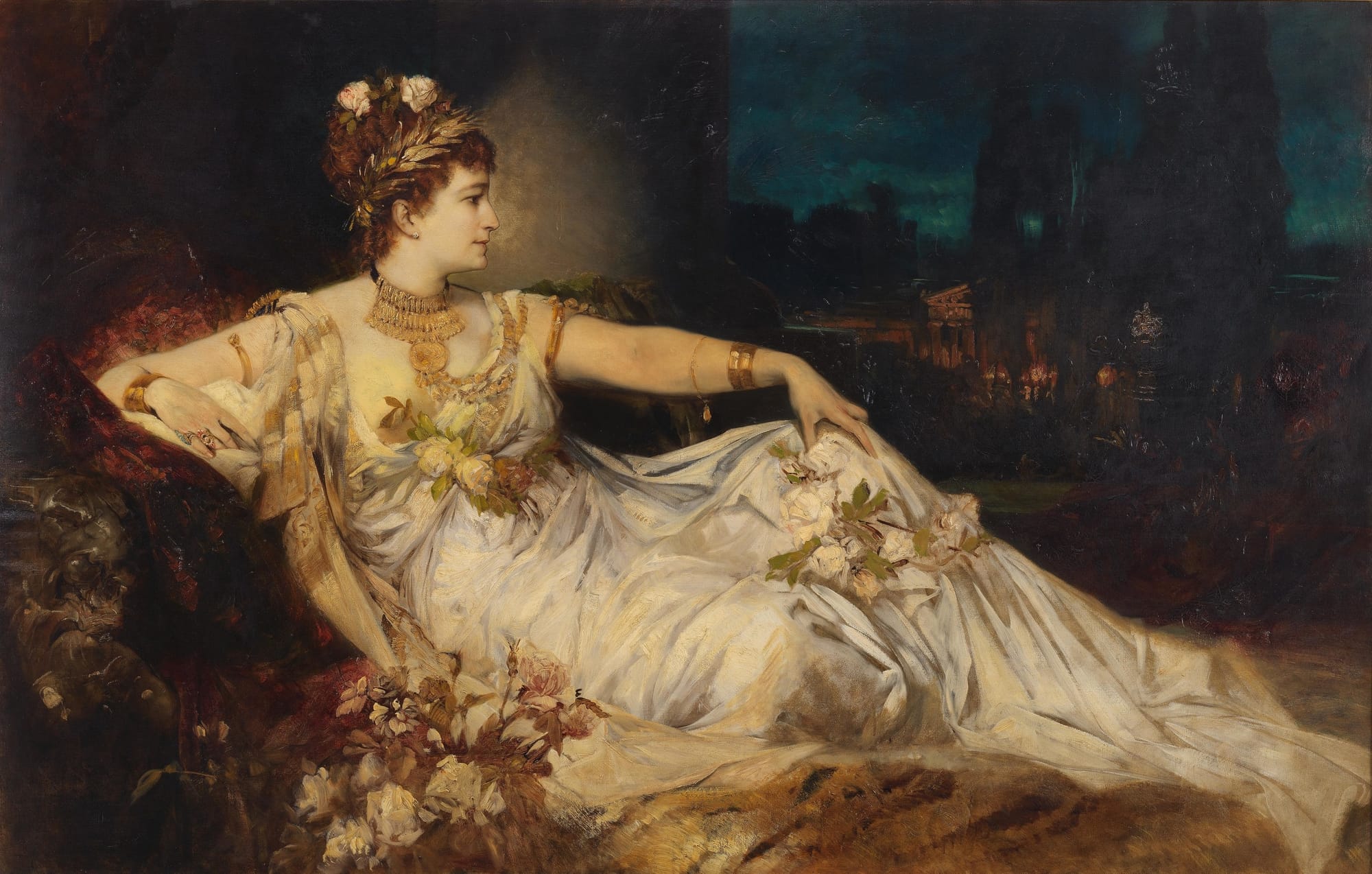
Suetonius for Messalina
Another primary source that discusses Messalina is Suetonius's "Life of Claudius". Similar to Tacitus, Suetonius's portrayal of the empress is not entirely accurate. Suetonius discusses women within the context of the men in their lives, thus placing Messalina within the context of her husband Claudius.
Historian Molly Pryzwansky, in her PhD dissertation, “Feminine Imperial Ideals in the Caesars of Suetonius”, notes that Suetonius categorizes the twelve emperors he writes about as either "good" or "bad", then contrasts these categories, suggesting that "the 'good' emperors have more virtutes than vitia, and vice-versa for the 'bad' principes".
Although Suetonius acknowledges some positive aspects of Claudius's reign, he generally depicts him negatively to categorize him as "bad", showing his flaws as outweighing his virtues.
Since Claudius was not entirely "bad" like Nero or Caligula, Suetonius likely exaggerated Claudius's negative traits, using Messalina to achieve this portrayal. Suetonius writes that after Messalina's alleged marriage to Silius, Claudius "made a shameful and cowardly flight to the camp", asking "whether his throne was secure".
This depicts Claudius as weak and insecure. Suetonius also claims that although Claudius ordered the death of Appius, it was only after "Messalina and Narcissus had put their heads together to destroy him", suggesting that Messalina easily manipulated her husband.
Suetonius may have falsely portrayed Messalina as domineering and adulterous to present Claudius as cowardly and easily influenced. He likely exaggerated her character and actions to highlight Claudius's negative attributes. Given Suetonius's tendency to categorize, he probably only mentioned examples of Messalina's behavior that made Claudius look weak and cowardly, further distorting her character and making his depiction of Messalina unreliable.

The charms, the arts, or the threats of Messalina were so potent with the stupid Claudius that he thought her worthy of the honours which Livia, the wife of Augustus, had enjoyed...
C. Suetonius Tranquillus, Divus Claudius
Suetonius's genre and tendencies as a writer also contribute to his lack of credibility regarding Messalina. According to Ronald Mellor, in his book “The Roman historians”, ancient biography was not intended to serve as history; it was more anecdotal and did not require rigorous research and analysis like history. Mellor notes that Suetonius was prone to including trivial gossip that "even he did not believe" as historical fact.
Suetonius might have repeated entertaining and scandalous facts about Messalina's life that may not have been true. His audience, members of the senatorial and equestrian class, likely encouraged his use of gossip, enjoying and understanding gossip about other elites.
Additionally, Gwyn Morgan in his book "69 AD: The Year of Four Emperors" notes Suetonius's tendency to generalize from gossip. For example, Suetonius writes that besides marrying Silius, Messalina committed many other shameful and wicked deeds.
He might have assumed that because she committed one "wicked" deed, she must have committed various other horrible acts, resulting in unreasonable generalization that casts doubt on the truth of these behaviors.
Suetonius's sources may also contribute to his unreliability regarding Messalina. Suetonius had access to the imperial archives and court through his relationship with Emperor Hadrian, giving him direct access to letters and writings of former emperors and eyewitness accounts.
However, after Hadrian dismissed him from the court before he began work on "The Life of Claudius", he lost access to these sources. Consequently, the biography of Claudius and his other subsequent works were shorter and less documented. Thus, Suetonius probably relied on traditional histories and gossip, which were not necessarily reliable. This further suggests that Suetonius's representation of Messalina may not be entirely truthful.

Juvenal for Messalina
Juvenal is another ancient author who describes Messalina, particularly in Satire VI. While little is known about his personal life or biases, his accuracy can be critiqued based on the genre of satire in which he wrote. The nature of satire diminishes Juvenal's credibility, as Thomas A. J. McGinn notes in his book “Prostitution, sexuality, and the law in ancient Rome”, because ancient satire is partly characterized by its aim to entertain.
For instance, Juvenal describes Messalina sneaking out with "her black hair hidden under an ash-blonde wig", working "naked, with gilded nipples", and demanding payment in cash from her numerous clients. This vivid imagery makes for an engaging read but is likely embellished or even invented to entertain, a primary purpose of ancient satire, thus making such descriptions unreliable. In addition to entertainment, another goal of ancient satire was to criticize society using hyperbole and "hugely exaggerated and emphasized features", as Paul Allen Miller asserts in his book “Latin Verse Satire. An Anthology and Reader”.
Exaggeration is effective because humorous and outrageous situations can prevent readers from being overly defensive and unreceptive to the underlying message. As a satirical writer, Juvenal exaggerates his examples to criticize elements of society, and his depiction of Messalina should be understood in this context. Juvenal might exaggerate Messalina's story to critique or comment on issues such as discouraging marriage, or criticizing societal degeneration.
To make his satirical commentaries more effective, Juvenal likely embellishes Messalina's lustful character and the frequency and magnitude of her actions. For example, Juvenal argues that a man should avoid marriage because his wife will inevitably cheat, citing Messalina as proof. He claims she not only cheats but does so as a low-class prostitute, presumably night after night.
Given his motive, Juvenal likely exaggerates Messalina's actions to create an outrageous, unlikely scenario that effectively conveys his message as a satirist. Thus, Juvenal probably did not limit his exaggeration out of fear that his readers would misinterpret or misunderstand him. Consequently, the depiction of Messalina in Satire VI is unlikely to be a reliable source of information about her.
Even without considering Juvenal's motives and the satirical nature of his work, his exaggeration is evident. It is highly improbable that Messalina could disguise herself beyond recognition with just a cloak, sneak out frequently without waking Claudius, work all night as a prostitute, and then return without Claudius noticing, despite carrying "home to her Imperial couch the stink of the whorehouse".
Furthermore, if Juvenal aimed to criticize marriage or any other societal aspect, he would have included only negative examples of Messalina, selectively presenting traits that distorted her true nature and behavior. Therefore, given these criticisms, Juvenal's characterization of Messalina is most likely an inaccurate representation of her actual actions and character, being the product of extreme exaggeration, which reduces its credibility.

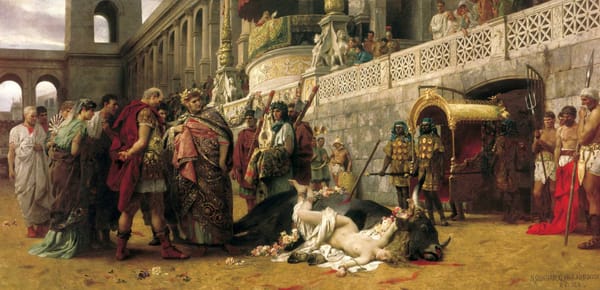
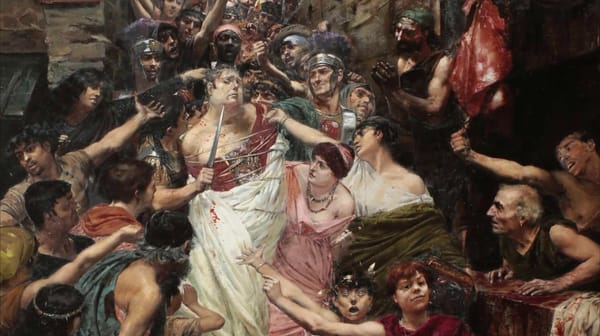
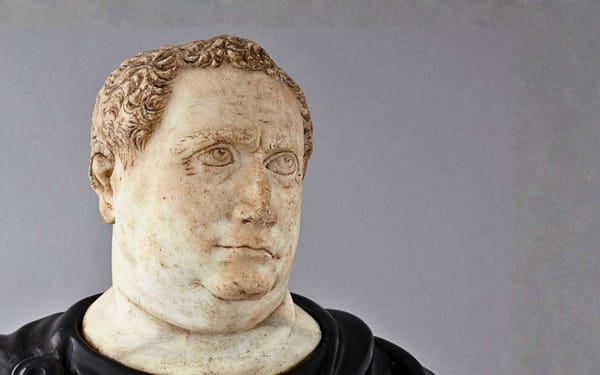
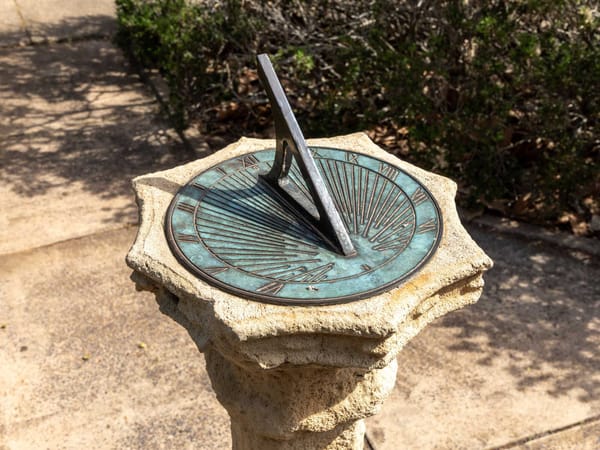
About the Roman Empire Times
See all the latest news for the Roman Empire, ancient Roman historical facts, anecdotes from Roman Times and stories from the Empire at romanempiretimes.com. Contact our newsroom to report an update or send your story, photos and videos. Follow RET on Google News, Flipboard and subscribe here to our daily email.
Follow the Roman Empire Times on social media: